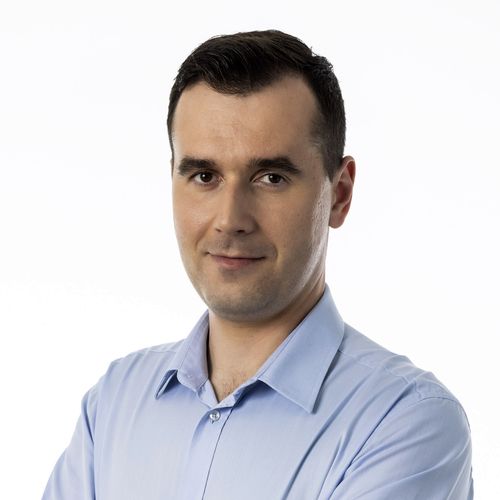The Influence of Ultrafast Laser Pulse Duration During Materials Processing
Presented by:
Dariusz Świerad, FluenceNow a standard feature in many ultrafast laser sources, the ability to adjust pulse duration and quality is important to ensure optimal throughput and quality during materials processing applications.
The most significant differences in ablation efficiency between femtosecond and picosecond pulses are evident at infrared laser wavelengths. With a few exceptions in hard transparent materials, the highest process throughput when processing most metals, alloys, polymers, and semiconductors is obtained with pulse durations of 500 fs or less in the infrared — particularly in cutting and drilling applications. In addition to ablation efficiency, femtosecond pulses typically deliver better quality due to reduced heat accumulation.
Therefore, it is important to understand the relationship between pulse duration and the material and process under consideration. In his presentation, Swierad discusses the influence of pulse duration and peak power on throughput and quality in several examples of metal and polymer sheet-cutting applications.
About the presenter
Dariusz Świerad, Ph.D., is an experienced executive in photonics and adjacent industries, working in management positions from engineering to sales and marketing. Since 2018, Świerad has been director of sales and marketing at Fluence.technology, a company developing and manufacturing next-generation industrial grade, reliable, long-lifetime, serviceless, ultrafast femtosecond laser technology.
From 2017 to 2018, he led the development of a miniaturized atomic clock at Teledyne e2v, and prior to that, he was a field sales engineer at TOPTICA Photonics UK, developing the laser market for quantum and terahertz applications. Świerad is a physics graduate from the Nicolaus Copernicus University in Torun in Poland, where he also worked at the National Laboratory for Atomic, Molecular and Optical Physics (KL FAMO). He was awarded a doctorate from the University of Birmingham in the U.K., where he developed stable and ultrastable laser systems for optical atomic clocks, including the Space Optical Clock for the International Space Station.
About the sponsor(s)- Fluence sp. z o.o. - Manufactures femtosecond lasers that are extremely environmentally stable and immune to shock. Provides service-free femtosecond lasers for micromachining. Offers stability and environmental resilience of lasers with a robust all-fiber technology.